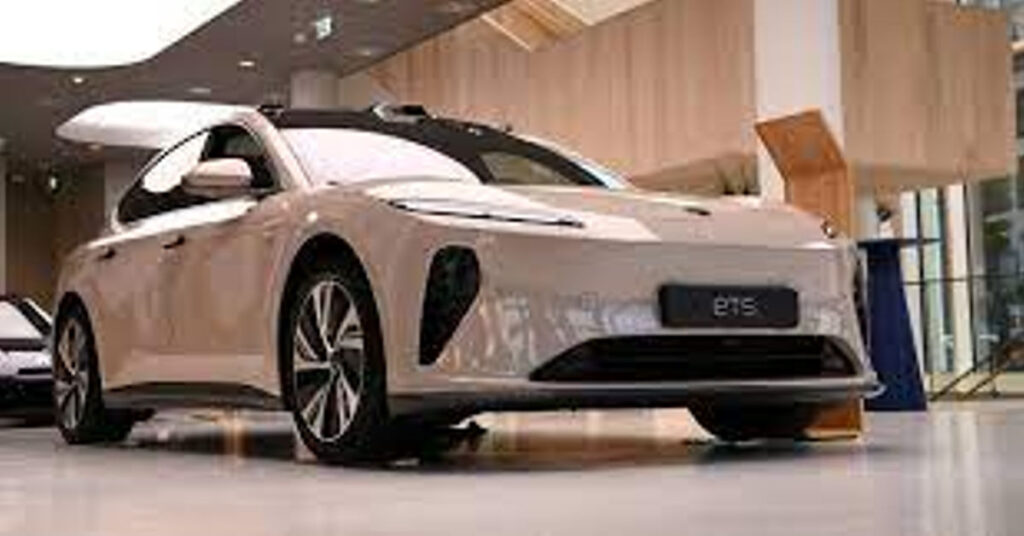
China is the world’s largest market for electric vehicles, producing over half of the global EVs. The Chinese government has been prioritizing the development of the EV sector for years as a part of its effort to reduce air pollution and support domestic technology innovation.
The advent of electric vehicles (EVs) has completely revolutionized the transportation industry. It is a ‘new-age technology’ that promises to be sustainable and eco-friendly, effortlessly merging the efforts to combat climate change with innovations aimed at achieving sustainable development. However, this very innovation has sparked trade frictions between two major economies – China and Europe.
China is the world’s largest market for electric vehicles, producing over half of the global EVs. The Chinese government has been prioritizing the development of the EV sector for years as a part of its effort to reduce air pollution and support domestic technology innovation. They have implemented measures such as tax cuts and subsidies for manufacturers and consumers of EVs, which has only accelerated the growth of this sector.
Contrastingly, while Europe is home to many traditional auto manufacturers, it lags behind in the EV sector. European auto companies, mostly relying on diesel and petrol engines, are racing to catch up with the EV shift. This has triggered a crucial trade tension.
The root of the issue lies in the vast asymmetry of market access. Chinese EV firms, backed by the government, have easy access to the European market. However, the European companies face significant barriers when trying to penetrate the Chinese market due to policies favouring domestic companies. This asymmetry has left Europe’s car industry vulnerable, causing a sense of hostility towards China’s EV dominance.
Europe is also concerned about China’s control over the supply chain of vital EV components, particularly the lithium-ion battery that powers these vehicles. China reportedly controls over 70% of the global lithium-ion battery production capacity, posing a critical challenge to European automakers.
The mounting trade tensions over the electric vehicle sector have heightened the need for dialogue and negotiation between the two economies. It is a contentious issue that demands immediate attention to prevent an outright trade war. The future of the auto industry heavily depends on resolving these frictions. And fostering a fair market for every player in the EV industry. Navigating this trade friction successfully is crucial to the global goal of a sustainable future.
